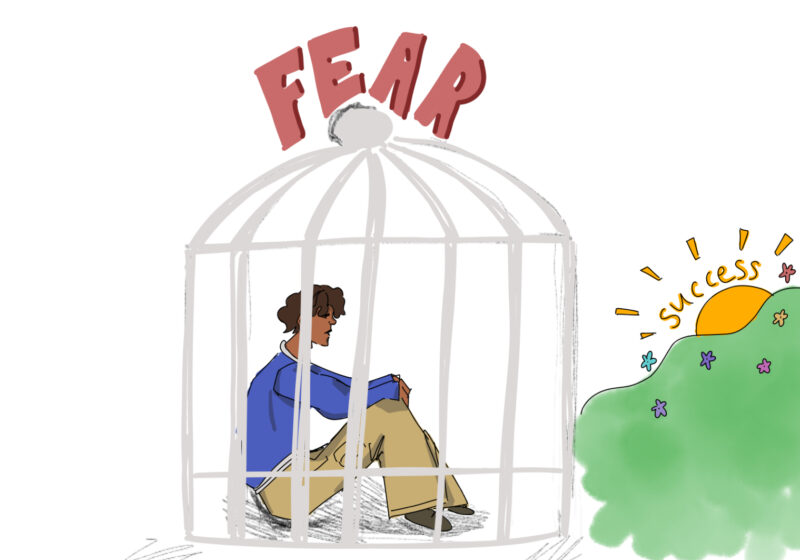
Julian Assange holds up a copy of The Guardian. Source: Peter Macdiarmid/Getty Images Europe.
Now that some of the fervor over the latest WikiLeaks releases has subsided, many of us are left questioning where the organization stands in the political sphere. WikiLeaks and its editor Julian Assange are often inconsistent — at times anarchistic, at times liberal-minded or even libertarian. Judging from recent developments, however, what has really happened is that the organization shifted from a quasi-anarchistic dogma and melded itself into the existing current of liberal politics. What is interesting to note is the disparity between how the organization views itself and its actual place in the political spectrum.
To begin with, the actual leaking of documents (or the principle of leaking files — the most damning cables have been redacted at the behest of the Obama administration) is a direct attack on our society’s power structures. At least, it appears that way.
What Assange fails to realize is that power is not concentrated in a few figureheads at the top, but rather, permeates through our lives. WikiLeaks learned this lesson in the form of service terminations by MasterCard, Visa, Amazon, Apple, etc.
WikiLeaks’ naïveté is also evident in its method of publication: instead of freely releasing the files, it chose to work with five major corporate media conglomerates, failing to recognize that, among others, The New York Times, The Guardian, and Der Spiegel are deeply rooted within the existing power structures that WikiLeaks seeks to disrupt.
It seems as if WikiLeaks has a very traditional concept of power — as an evil conspiracy mainly composed of high-level government officials — and seeks to challenge that power through pathways that appear independent of such influences.
The actual files, however, give an entirely different reading. It is important to realize that the vast majority of leaked files give no new perspective on America. They simply confirm what alternative news sources have been insisting for decades and name some of the actors who are obsessed with day-to-day maintenance of the global “Empire’s” dominance and their actions: collusion with corporations, tit-for-tat diplomatic spats, spying on the UN, secret meetings with world leaders, etc.
WikiLeaks itself doesn’t understand how to use its information effectively. Assange is treating the leaked diplomatic cables as evidence of a few power-hungry schemers. This misconception is nothing new. Human rights organizations already fruitlessly attempt to work within the system, through legal or political measures, missing that the problems arise from corporatism and the entire philosophy of American exceptionalism. The “Empire” has proven that it will either adapt to or quash any existential threat immediately, as long as it flows through pre-existing channels.
Nonetheless, there is still something incredibly radical about releasing this information. Now, power knows that we know its dirty little secrets.
In fact, by publishing the WikiLeaks exposés, The New York Times is quietly sounding its own death knell. We can no longer trust that corporate monoliths such as The New York Times and its European counterparts will dig incisively for valuable news. The real value in the Cablegate leaks is that they disregard entirely those avenues that we usually turn to in challenging “Empire” and its cohorts. They also serve to show us, unsurprisingly, just how inherent power is in our societal structure.
This is why Cablegate gives us such hope: it takes time to shift directions. The recent WikiLeaks scandals have echoed around the world. For a second, power lost its footing. As citizens, we can move faster and, with the political space opened up by the leaks, mobilize effectively against tyranny.
Recent events in Tunisia are directly linked to this. After 23 years in power, President Ben Ali was forced to step down after protests erupted throughout the country. The cause? Diplomatic cables, which confirmed that the U.S. supports Tunisia’s ruling family, were likely the spark to land on the tinder.





